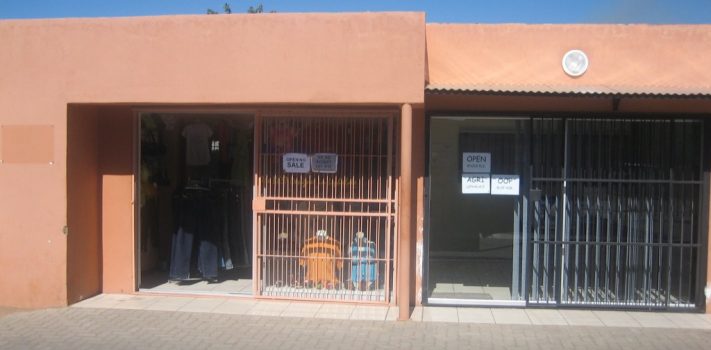In this essay, I will be quite brief and to-the-point:
The recent waves of large-scale shoplifting, flash mobs, store lootings, and “street takeovers” in America’s cities illustrate a profound change in American society. I can see that it will only be in retrospect that historians will recognize this turning point for America. This is the stage where the basic Social Contract — characterized by civility and trust in retail commerce — has been severed.
I found these two articles indicative:
- Target to partner with Homeland Security to battle organized retail theft — company expects to lose over $1 billion due to crime.
- ’45 or more’ kids in DC routinely steal from CVS, then ‘stomp on’ food and beverages as shelves remain empty.
The trend is clear, and it is alarming. As flash mobs of “youths” raiding stores increase their brazenness, it is just a matter of time before most stores in cities begin putting most or even all of their merchandise behind bars — or behind less blatant heavy-duty sheets of Lexan. In essence, stores will begin to operate like Third World enterprises with most items kept locked up. The photo at the top of this article shows a couple of stores in South Africa, with heavily-barred windows. But even there, customers are allowed to enter the store, and touch the merchandise before a sale is made. An even higher level of security is seen in many of Africa’s small roadside and village stores. There, this is the arrangement: Both the merchandise and the store staff are behind bars. Customers approach the store counter one at a time, and request goods. Only the store clerk handles the merchandise until after payment is made. Then it is passed through a portal in the bars.
A year ago, Forbes published this: You’re Not Imagining It—Stores Are Locking Everything Up.
In June of this year, it was reported: Walgreens Store Is Putting All Merchandise Behind the Counter—Will Others Follow? Here is an excerpt from the article:
“Some Walgreens customers in Chicago are adjusting to a notable change: The retail chain’s South Loop location just reopened on May 31 after being renovated with a design that differs from the company’s normal layout, the Chicago Sun-Times reported. The store now features a more hands-off experience for shoppers.”
The United States — at least urban areas of the United States — may never be the same. Theft leads to mistrust, and in the context of retail sales, mistrust leads to either retail outlet abandonment or store fortification. Thousands of retailers will likely close their downtown stores. And those that stay will turn them into fortresses, complete with polite signage, apologizing for the “new shopping experience.”
Meanwhile, vast stretches of rural America remain relatively untouched. Where I live, here in the Intermountain West, there is still respect for the property of others. Many stores leave merchandise out front, unattended. There are still unattended roadside stalls offering bundles of camping firewood and cartons of eggs on the honor system, with a can provided, to deposit cash and/or to make change. Try operating like that in downtown Los Angeles. Some of the residents of the City of Angels aren’t very angelic.
I again urge my readers who live in cities or suburbs to move to lightly-populated regions. Ideally, it is best to be more than a tank of gas away from a major metropolitan area. If you plot 275-mile radii (typical one-tank range) on a map of CONUS, you will see that only leaves a few “safe” patches out in the western states.
Most of the American Redoubt is one of the largest and most noteworthy patches. – JWR










